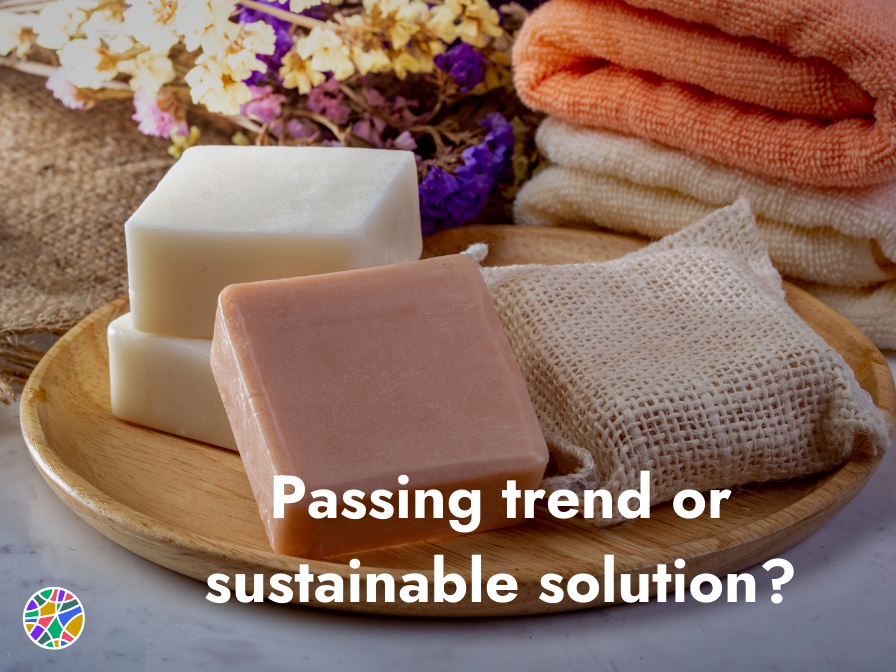
First, let's address the issue of plastic pollution. It's no secret that plastic packaging poses a significant threat to our planet. From clogging up landfills to polluting our oceans, the overuse of plastic is causing irreversible damage to ecosystems worldwide. Shampoo and conditioner bars offer a promising solution to this problem by eliminating the need for plastic bottles. These bars typically come packaged in minimal, if any, plastic wrapping, making them a much more eco-friendly choice.
Moreover, the ingredients used in shampoo and conditioner bars can also contribute to their sustainability. Many conventional hair care products contain harsh chemicals and synthetic fragrances that can harm both the environment and our health. In contrast, most shampoo and conditioner bars are made with natural, biodegradable ingredients that are gentle on both hair and the planet. By opting for these bars, consumers can reduce their exposure to harmful chemicals while also supporting more sustainable production practices.
Another advantage of shampoo and conditioner bars is their longevity. Because they are concentrated formulations, a little goes a long way, meaning that they typically last longer than their liquid counterparts. This not only reduces the frequency of purchases but also minimizes transportation emissions associated with shipping bulky bottles of liquid products.
However, despite these benefits, there are still some challenges associated with shampoo and conditioner bars that need to be addressed. One common concern is the transition period that many people experience when switching from liquid to solid formulations. During this time, the hair and scalp may need time to adjust to the new products, leading to a period of greasiness or dryness. Additionally, finding the right bar for specific hair types and concerns can be a bit of trial and error, which may deter some consumers from making the switch.
Furthermore, while shampoo and conditioner bars are a step in the right direction towards reducing plastic waste, they are not a perfect solution. Issues such as water usage during production and the sourcing of ingredients still need to be taken into account when evaluating their overall sustainability.
Conclusion
In conclusion, shampoo and conditioner bars offer a promising alternative to traditional hair care products, with their potential to reduce plastic waste and promote more sustainable production practices. While they may not be without their challenges, their benefits outweigh the drawbacks for many environmentally conscious consumers. Whether they are here to stay or just a passing trend ultimately depends on continued consumer demand and industry innovation. However, one thing is clear: making the switch to shampoo and conditioner bars can be a small yet impactful step towards a more sustainable future.

Give the gift of high quality local products and services, delivered sustainably in zero-waste packaging.
We have sent a confirmation email to you and your friend notifying them of your gift and how to use it.
They simply need to create an account on Britehoods.com, and the amount will automatically get applied to their account - which they can then use to order any item on Trashless - it's that simple.
If you have any questions or concerns, please write to us at support@britehoods.com
Welcome to Trashless - a community of consumers, producers and brands dedicated to making your life free of single-use packaging, and a world with a lot less trash.
Your order is confirmed!
Press 'My Deliveries' on the top right to see what's scheduled for delivery over the next 90 days.
Edit/Skip/Remove an item until the cut-off date and time mentioned.
Your credit card will be charged at 4pm the day before delivery.
Chat with us if you have any questions. Or better yet, text us at: 512.399.2525.
Reply: